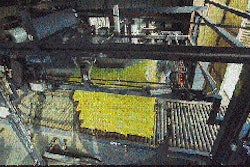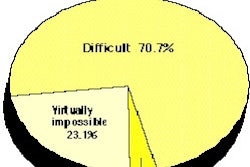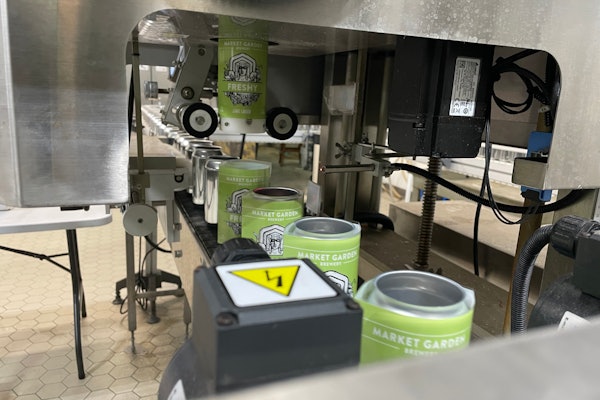Although all the details haven't been made clear, cities will present plans to Japan's prefectures and finally to the Ministry of Health & Welfare. Within two years, aluminum, steel and glass must be collected, plastics and paper by 1998. The plan appears to hinge on increases in garbage fees based on volume, with recycling being mandatory. Price increases on products sold to consumers is expected to be relatively small, at least at the outset. Japan's industries currently recycle at about 40% of waste, but municipalities only recaptured about 3.4% in 1991 (latest figure). It appears that thermal, chemical and other types of non-mechanical recycling will be feasible under the plan.
Japan looks at 'shared responsibility'
In June, Japan's parliamentary body, the Diet, passed legislation whereby product manufacturers, importers and retailers will share the "responsibility" for container recycling beginning in 1997, according to Raymond Communications' Recycling Laws International.
Aug 31, 1995
Companies in this article
Machinery Basics
Annual Outlook Report: Automation & Robotics
What's in store for CPGs in 2025 and beyond? Packaging World editors explore the survey responses from 118 brand owners, CPG, and FMCG Packaging World readers for its new Annual Outlook Report.
Download
The AI revolution in packaging robotics is here
Robots that see variations, adjust grip pressure automatically, accept plain-English commands, and predict their own maintenance. Discover how AI is transforming packaging operations.
Read More
Downloads
























